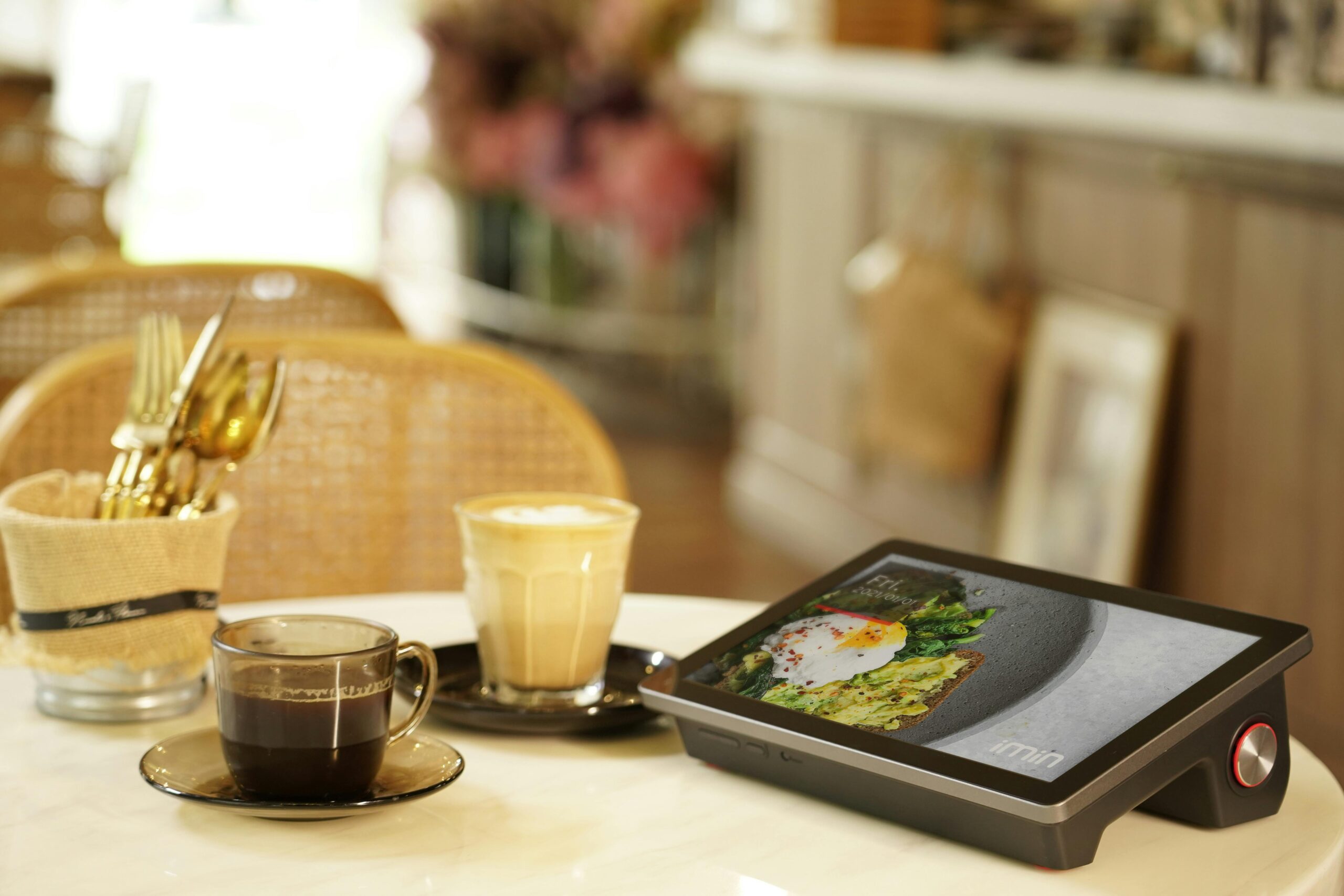[ad_1]
Image source, Getty Images
Video calls have become common in the workplace – but don’t always go to plan
There is a rule for video calls at work – close any files you don’t want others to see before sharing your screen.
According to a lawsuit filed against tech giant Nvidia, senior staff member Mohammad Moniruzzaman made this error with disastrous consequences.
He was giving an online presentation to a team from his former employer, car technology firm Valeo.
But in the course of it, Valeo claims he accidentally displayed a file proving he stole its tech secrets.
The tech that Valeo claims he took was the source code behind its parking and driving assistance software – an area Nvidia has been trying to expand into.
“So brazen was Mr Moniruzzaman’s theft,” the complaint alleges, “the file path on his screen still read ValeoDocs” – suggesting it was a folder specifically containing documents taken from Valeo.
Valeo claims Mr Moniruzzaman took gigabytes of data in 2021 when he was working for the German arm of the French firm. He left to join Nvidia later that year.
A letter written by Nvidia’s lawyers submitted with the lawsuit said the tech giant was not aware Mr Moniruzzaman had the data.
The firms worked on a joint project, which led to the Microsoft Teams meeting in March 2022 when Mr Moniruzzaman unwittingly revealed the data.
Screenshots
Valeo claims that Mr Moniruzzaman gave a slide presentation and then minimised the app he was using – but crucially, he was still sharing his screen, leaving visible the file which Valeo says contained the source code behind its proprietary software.
“Valeo participants on the videoconference call immediately recognised the source code and took a screenshot before Mr Moniruzzaman was alerted of his error,” the lawsuit claims. “By then, it was too late to cover his tracks.”
As a result Mr Moniruzzaman was convicted by German authorities in September 2023 over unlawfully holding the data, the court document says.
“When questioned by the German police, Mr Moniruzzaman admitted to stealing Valeo’s software and using that software while employed at Nvidia,” the lawsuit claims.
It continues: “In fact, Mr Moniruzzaman did not deny the charge of the crime at any point during the German criminal investigation.”
This conviction has now led to Valeo launching a suit against Nvidia itself, in which it claims the tech giant benefitted financially from its “stolen trade secrets”.
“Nvidia has saved millions, perhaps hundreds of millions, of dollars in development costs, and generated profits that it did not properly earn and to which it was not entitled,” the complaint alleges.
“In using these stolen trade secrets to develop a competing product, Nvidia has diminished the value of Valeo’s trade secrets,” it says.
The lawsuit has been filed by Valeo Schalter und Sensoren GmbH, the German arm of French firm.
It is seeking significant damages, and wants the court to make an injunction prohibiting Nvidia and its affiliates from using Valeo’s code.
It has been filed in a court in California, which is where Nvidia is headquartered.
In the complaint, Valeo states that after the Teams call in March 2022 it audited its systems and found Mr Moniruzzaman had copied their source code, along with “tens of thousands of files” containing other proprietary information.
His Nvidia-owned computers were then seized by German police as part of the criminal investigation, according to the lawsuit.
‘Stored locally’
Meanwhile, as part of the complaint, Valeo also submitted a letter it received from Nvidia in June 2022.
In the letter, lawyers representing Nvidia state Mr Moniruzzaman’s actions “were entirely unknown” to the firm until May 2022 – the date he told his employer he was under investigation.
According to their letter, Mr Monizruzzaman told Nvidia the code was “stored only locally on his laptop”, so it could not be accessed by other people at the company.
“Nvidia has no interest in Valeo’s code or its alleged trade secrets and has taken prompt concrete steps to protect your client’s asserted rights,” the letter reads, adding that the firm has “cooperated fully”.
The BBC has approached Valeo for comment. Nvidia declined to comment.
[ad_2]
Source link
![]()


